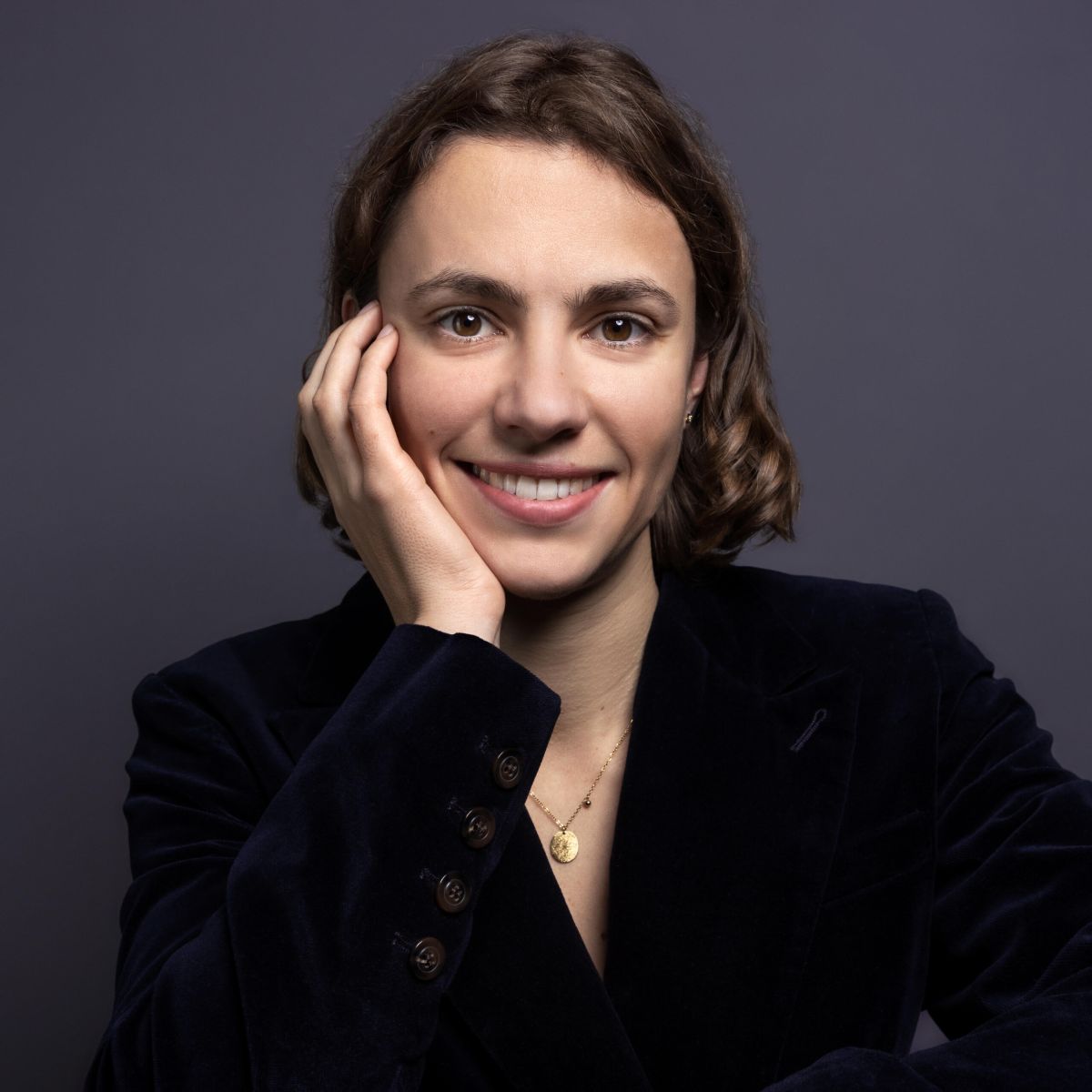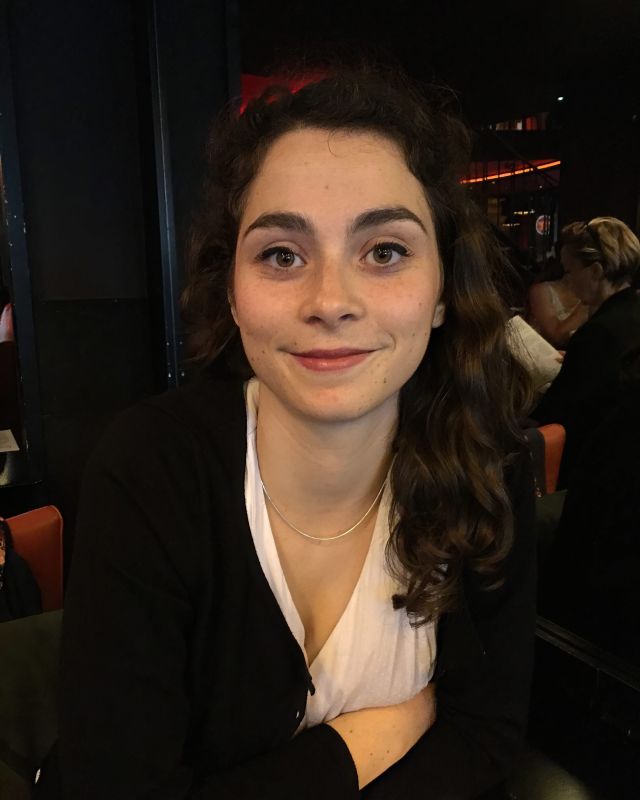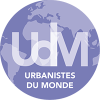
Marion Waller - GLM 2014 - Directrice Générale of the Pavillon de lArsenal
Hello Marion, could you start by telling us about your university career and the reasons that led you to the GLM Masters programme?
First of all, I did a double degree at Sciences Po Paris / Paris IV in political science and philosophy during which I attended an introductory course on urban planning with Delphine Papin in my second year. I loved the course and I wanted to delve deeper into the subject of urban planning. During my third year in the Philippines. I was able to get in touch with urban studies, which confirmed my desire to work on big cities and to join the GLM masters programme at lEcole Polytechnique the GLM masters programme at the Urban School. At the same time, I continued to study philosophy as part of a Master between the ENS and EHESS, and it was very important for me to pursue this double degree.
What were the most valuable things you learnt during the Masters course?
As time went by, I discovered just how much the Masters programme had influenced and shaped me, particularly in terms of the richness of the comparative approach, which, for me became an evidence while in the French professional context its not the case. In my work today, I still have this reflex of asking myself : how do other cities do it? Its a master degree that is also quite theoretical, and there are some concepts that I really liked and that made an impression on me, such as implementation or the theorisation of public public policies with terms like cross-coalition. I also did a capstone with APUR, which allowed me to work on Paris for the first time.
One of the questions that students are most interested in is: Where did you do your end-of-study internship? How did you find it and what did you learn?
In my first year at GLM, I started working on the municipal campaign as a volunteer, and then I went on to work for the city council, and then I was taken on at City Hall even though I hadnt finished my Masters degree. I took a gap year during which I finished my M2 in philosophy and worked at the CIty Hall at the same time. So my end-of-study internship was as an advisor to the deputy mayor in the field of urban planning, attractiveness and Greater Paris. The most important thing for me was to map out and build my career path, to look beyond it to preserve my deepest motivations and what I really liked and what really appealed to me.
What other roles have you held since you joined City Hall, up to and including your current position as Director of the Pavillon de lArsenal?
I was first an advisor and then deputy head of the office, working from beginning on Réinventer Paris from the outset, which enabled me to follow the project in its entirety, to master all its aspects and to progress quickly. I stayed for 6 years, throughout the entire term of office, which is quite a long time. In 2020, I returned to the Mayors office, in charge of architecture, heritage, public spaces and funerary affairs. It was quite different, because in a deputy mayors office were there to draw up urban planning projects and we fight to negotiate with other deputies and partners, whereas in the Mayors office its more about regulation, circulation of information between the Mayor, her deputies, the borough mayors and people from the Mayors office, all with different interests. I was there for 3 years. At the end of that period, when I felt that I had the maturity to be able to manage a structure and give impetus to projects, the Pavillon de lArsenals Board of Directors appointed me. It was the culmination of a journey where I got to know Paris and the whole ecosystem that revolves around it, which means that I can come to this position serenely, knowing the players and the tools we need to launch projects.
You were politically committed, but you also had strong ecological convictions; did working for the municipality mean believing in the power of cities to initiate and guide transitions?
Ive always worked in chambers at the Town Hall, which was a choice I made in order to be able to give impetus to public policies and to be in the place where we think about how we talk about projects and how we make the link between architects, the general public and journalists. Im a great believer in the power of cities to change things. I believe in urban planning, I believe in specific public policies for large cities and I believe that Paris has been an interesting place to experiment this. Its also a conviction that Im pPavillon de lArsenal to show how cities can talk to each other and find solutions to their problems. dialogue with each other and find common solutions. For example, we are launching a cycle of European conversations to encourage dialogue between major European cities that need to use their political and economic power and their symbols to launch and drive the transition.
What are your plans for the Pavillon de lArsenal?
I want to show that this is a place where we can still transform the city, and its not a foregone conclusion. cultural battle. I want to leave room for creativity, for architects, town planners and landscape architects, and show how things can be done well. and show how things can be done well, in a concrete way, and how the public can be involved. My projects are also linked to the fact that the Pavilion will be undergoing work for two years, and that were going to be out of out of doors. These are constraints, but above all, opportunities to metropolise, to take our audience to places our audience to places in Greater Paris. In terms of scale, what interests me is metropolisation and internationalisation. I also try to ensure that each exhibition is stretched in all directions, that an exhibition is a subject that engages us in all its aspects that an exhibition be a subject that engages us as an institution, and to offer a rich programme of associated with urban walks and meetings with key players, for example. Alongside the exhibitions, I also also want us to continue to generate ideas as a research centre, in particular through our FAIRE call for projects, where each year we select projects by architects, students and designers to support them.
Finally, would you have any advice for students?
I would say that you have to follow your passions and your singularities. Its difficult when you are a student to know what you want. Thats why its so important to hold on to the values and projects that drive you. When theres something that interests you, you have to go for it, cultivate your curiosity and follow your intuition. Thats how you meet people who are right for you and with whom you can work and grow.
 English
English  Français
Français 



